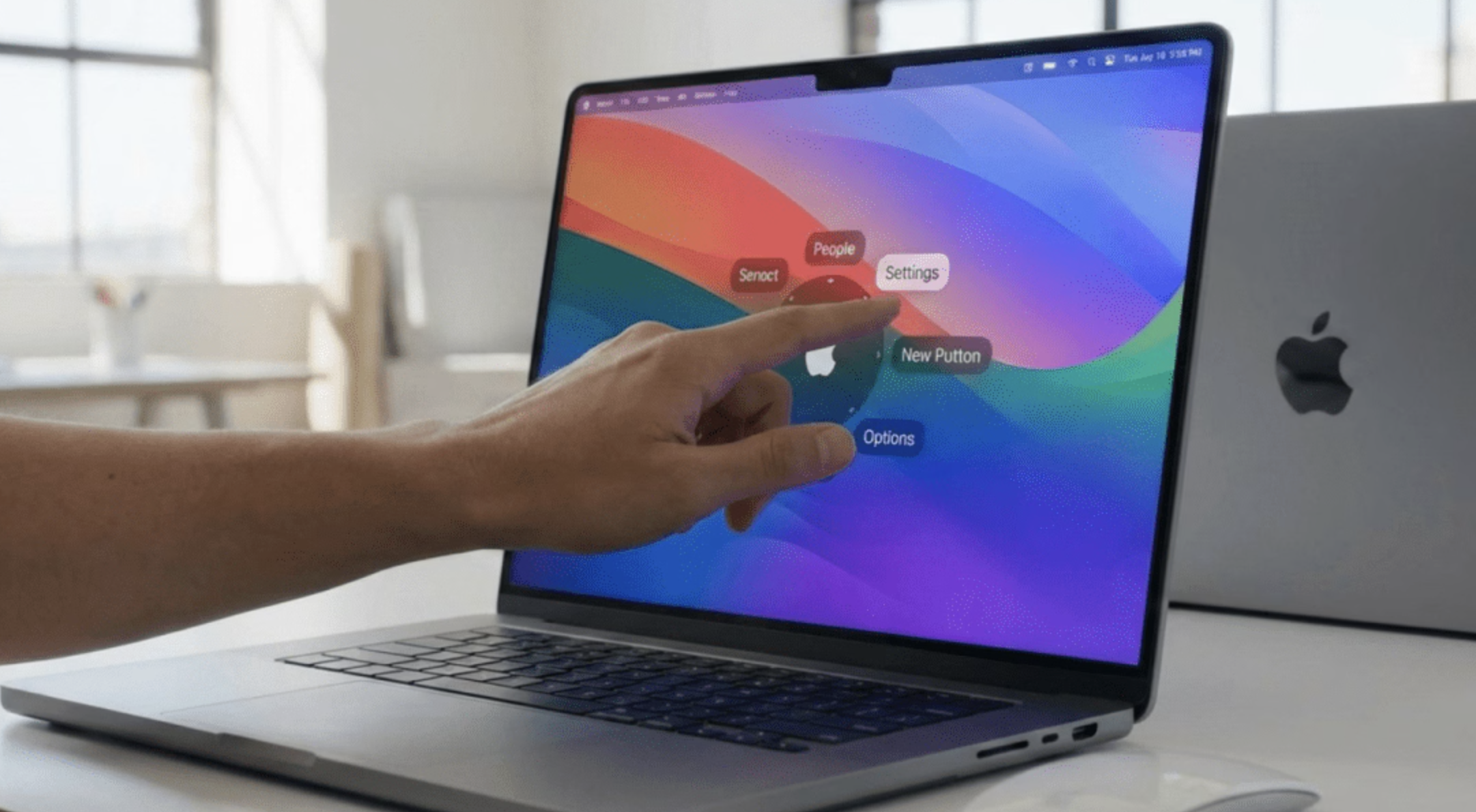Pandemic was a bane for many, for some it was boon. Same goes with the high growth era of the pandemic for the food delivery sector. Zomato is already riding high on the growth that they got after the pandemic. As per the people aware of the developments, the food player is looking to shore up its revenues by starting a B2B logistics service that will deliver food, pharma products and consumer goods for other e-commerce players.

Zomato To Broaden its Horizons with B2B Logistics Service
As per the sources in the market, the company has reportedly started approaching clientele like smaller food and grocery aggregators, online pharma companies and consumer brands in the last 30-45 days. Moreover, the service’s pilot has scaled to a few thousand deliveries a day already.
A senior executive of an e-commerce aggregator that works with more than 10,000 restaurants said that “We are in the initial stages of discussion with Zomato. If we choose to go through with the integration, there will be a lot of alignment needed to be done in the next 30-60 days”.
He also added that “Zomato is not really offering a much different price point for the service as compared to other players in the market. Logistics is a commodity… What Zomato can offer to us is a great product which comes with a trained fleet, better delivery timelines. It won’t move the needle much for us from a cost-centre perspective”.
As per the sources, Zomato is offering a price-point of Rs 10- Rs 15 per kilometre for the service.
Though there was no official statement regarding the same.
As per an internet sector analyst of a brokerage firm, this new service can help Zomato revitalise its revenue growth in a profitable manner.
He said that “It improves your fleet utilisation and also reduces friction points with sellers. As it is a B2B service, you don’t own the customer anyway. So, it is easier for you to take your full cut…. Swiggy is also doing Minis which is a form of this service only where they have partnered with D2C brands. This also helps you build scale moats against any new player trying to disrupt the hyperlocal industry”.
He added that “It is better than logistics players like Dunzo and Shadowfax taking the delivery leg revenues… That way at least you get back at least some part of the revenue loss”.
Now, is this a novel idea per se? or Zomato is getting some inspiration by looking around?
After the decision of foraying into the B2B logistics service, Zomato is following in the footsteps of its American counterpart Doordash. The US-based food delivery major had started a similar service called ‘Drive’ in late 2016.
In its 2021 annual report, Doordash said that “With Drive, and as we continue to expand into other industry verticals beyond food, we expect to compete with large internet companies with substantial resources, users, and brand power, such as Amazon and Google”.
The company generates revenue from the Drive offering by collecting per-order fees from merchants that use its local logistics platform to arrange for delivery services that fulfill demand generated through their own channels. Revenue from Drive is recognised at the point in time when the consumer obtains control of the merchant’s products.
Sweat in Peace, Than Bleed in War
Since the as industry experts have said that the growth of the food delivery sector – a metro city phenomenon – is slowing down, a slew of new services have been piloted by Zomato over the past year.
Though Zomato’s gross order value expanded 85 percent to Rs 5,500 crore between Q3 FY21 and Q3 FY22, the growth lost steam to come in at 21 percent between Q3 FY22 and Q3 FY23.
A new service was launched by Zomato in the month of February, wherein it aimed to sell quick and cheap home-style meals to students and office-goers. These meals are priced as low as Rs 89 per serving, excluding delivery costs, and would be available for breakfast (8 am-11:30 am) and lunch (11:30 am- 3:30 pm).
This service, which went by the name “Everyday”, was built on top of the 10-minute food delivery service that Zomato piloted last year and subsequently paused because of low demand.
Last year, Zomato launched an inter-city food delivery service called ‘Legends’ that seeks to enable customers to order from popular restaurants in other cities. While it was piloted without any restriction on who could use the service, it has now been bundled exclusively with its newly-launched Gold subscription programme.
In January this year, Zomato reintroduced its ‘Gold’ loyalty programme with a focus on food delivery at an introductory price of Rs 149 for three months. It will also enable users to avail discounts for dining at restaurants.












